Income-Based and Market-Rate Apartment Rentals in Phoenix, AZ
Affordable Housing for Individuals & Families
featured_seasonal_and_giftsYour Monthly Gift, Their Endless Possibilities. Join our Monthly Giving Circle and make your impact today!

NAC has developed, owns, and manages 1,000 units of affordable, supportive, and youth emergency housing with more on the way.
Join a community built to support your wellbeing at Native American Connections. See our listings below, or click the button to view all NAC housing eligibility & application requirements.
See which programs you may qualify for.
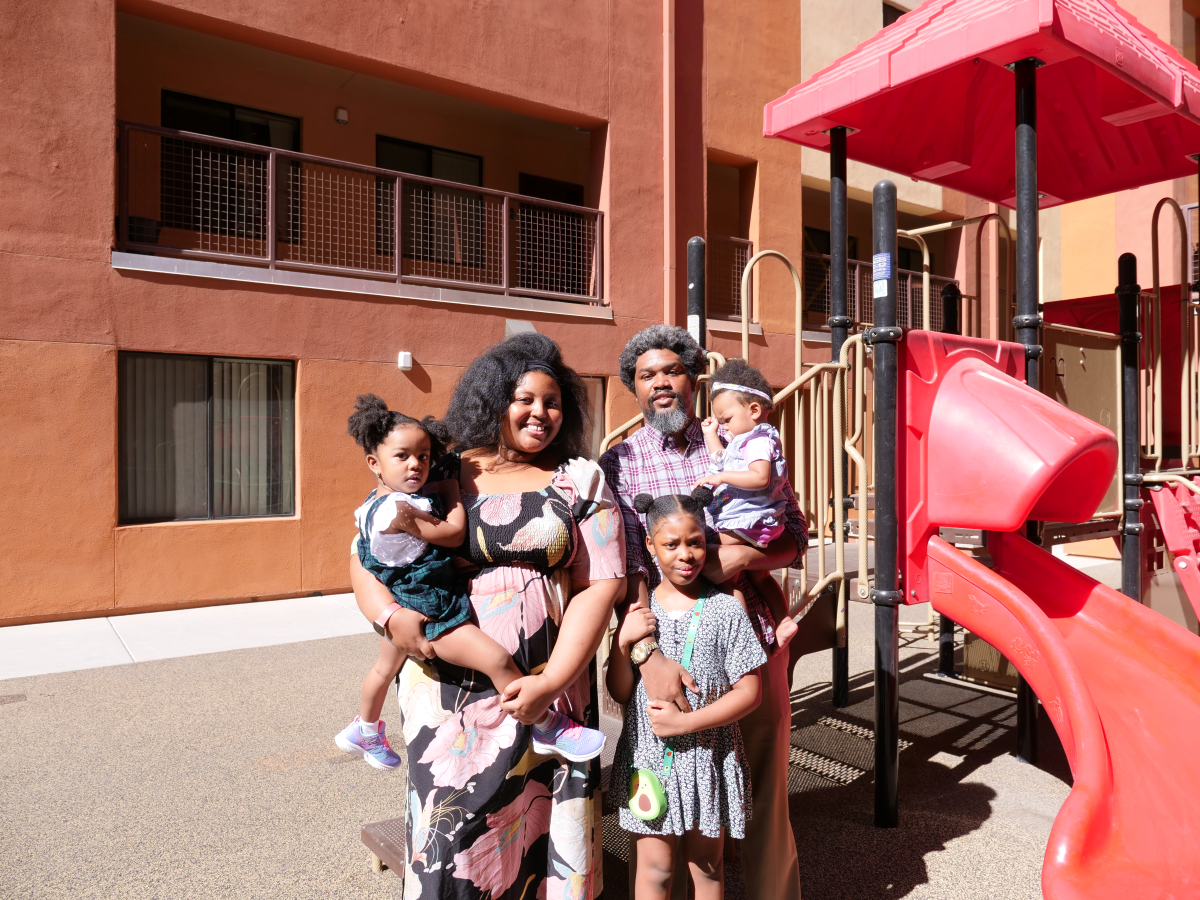
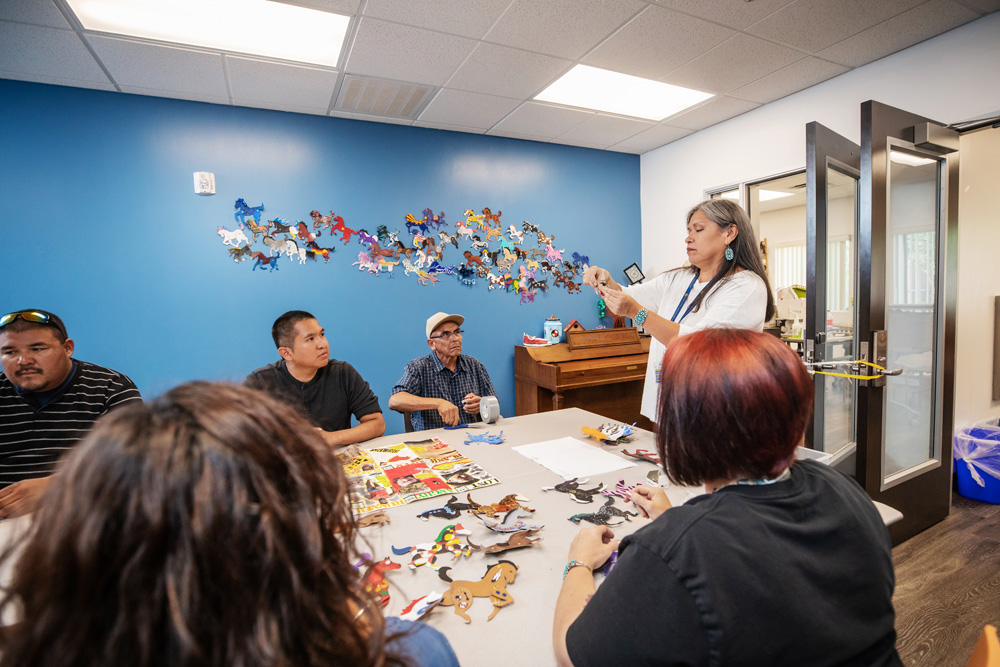

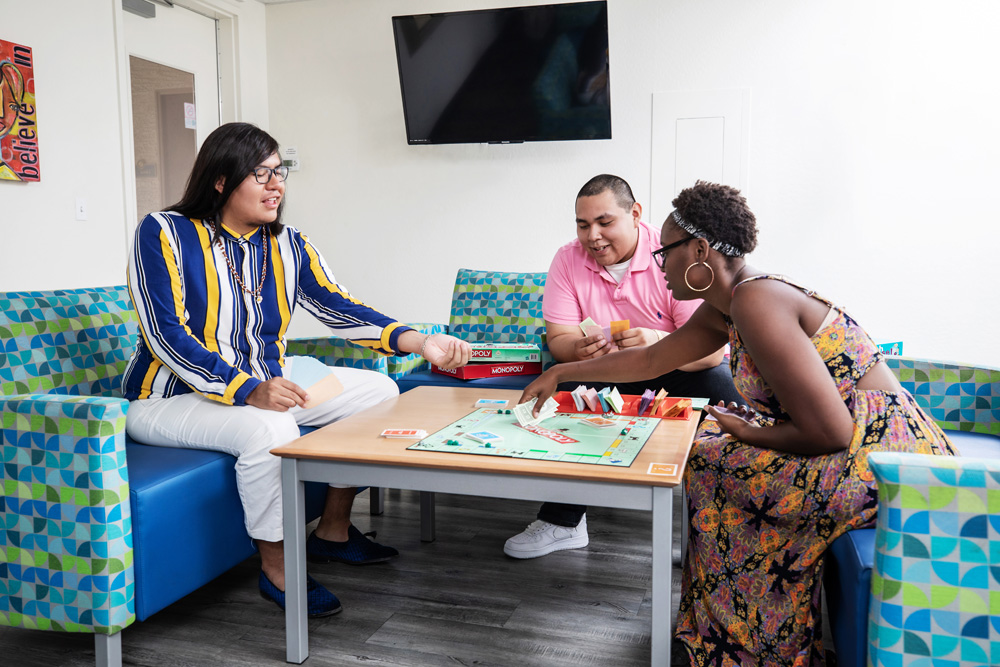
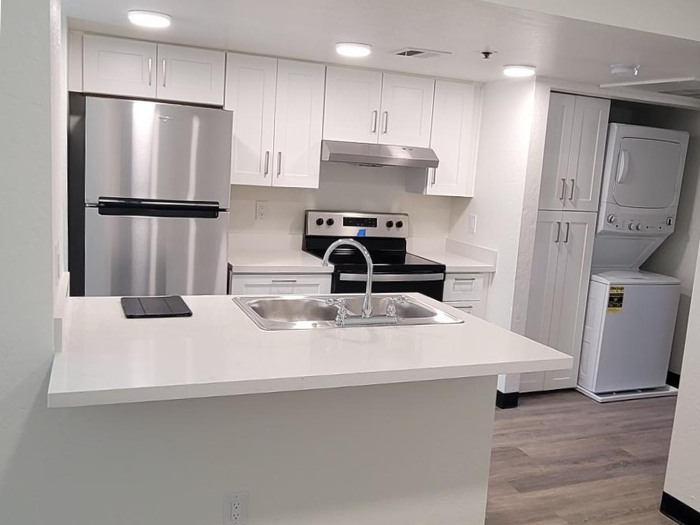
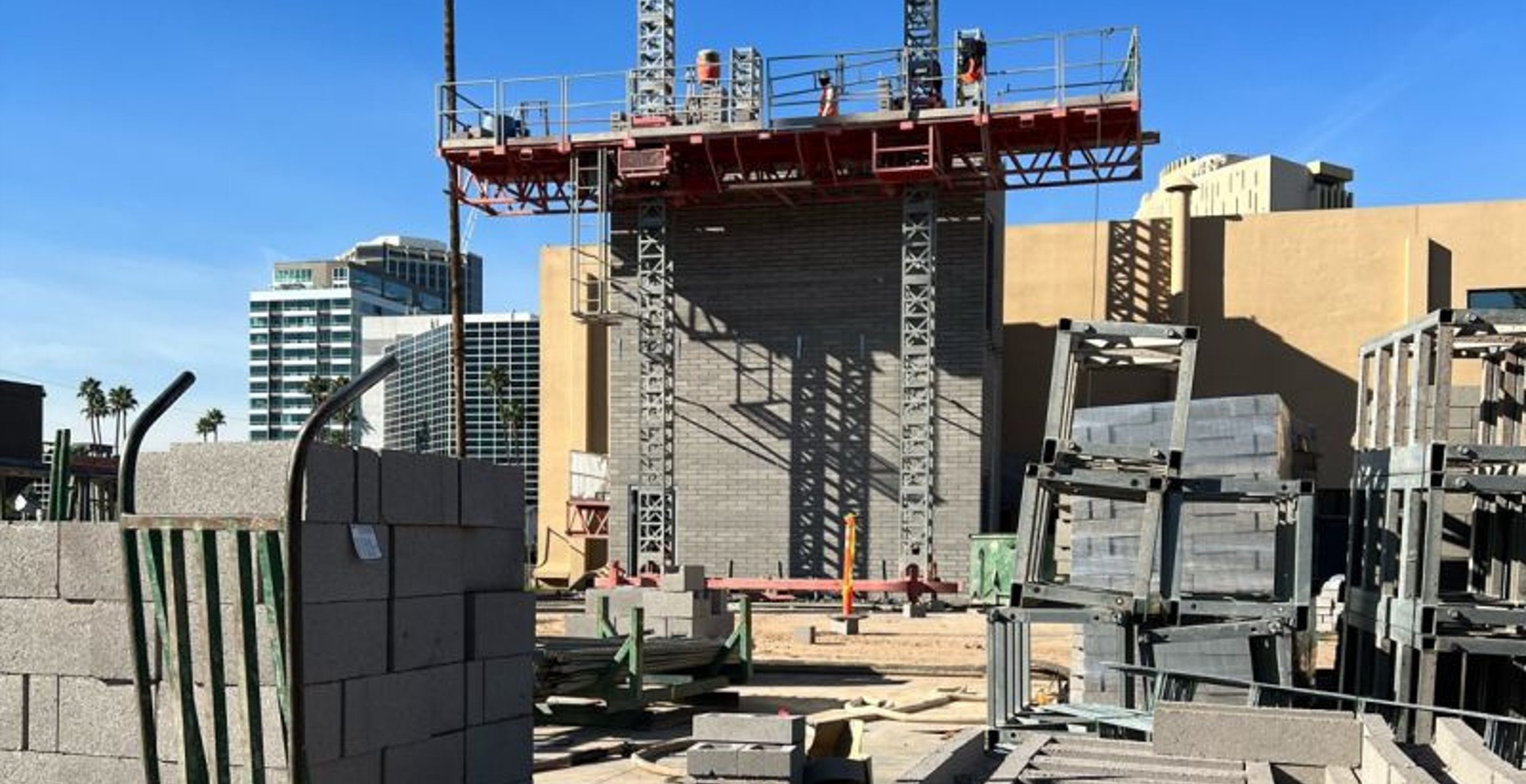
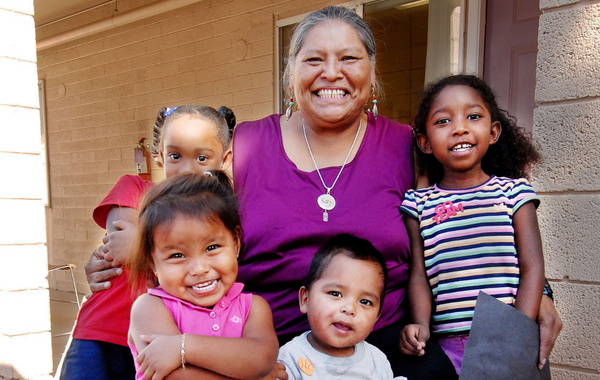
Home is where it all starts. Housing is an essential part of building stability, security, and wellness for everyone.
Our housing programs are open to all people, with specialized communities for families, seniors, chronically homeless individuals, and homeless youth ages 18 - 24.
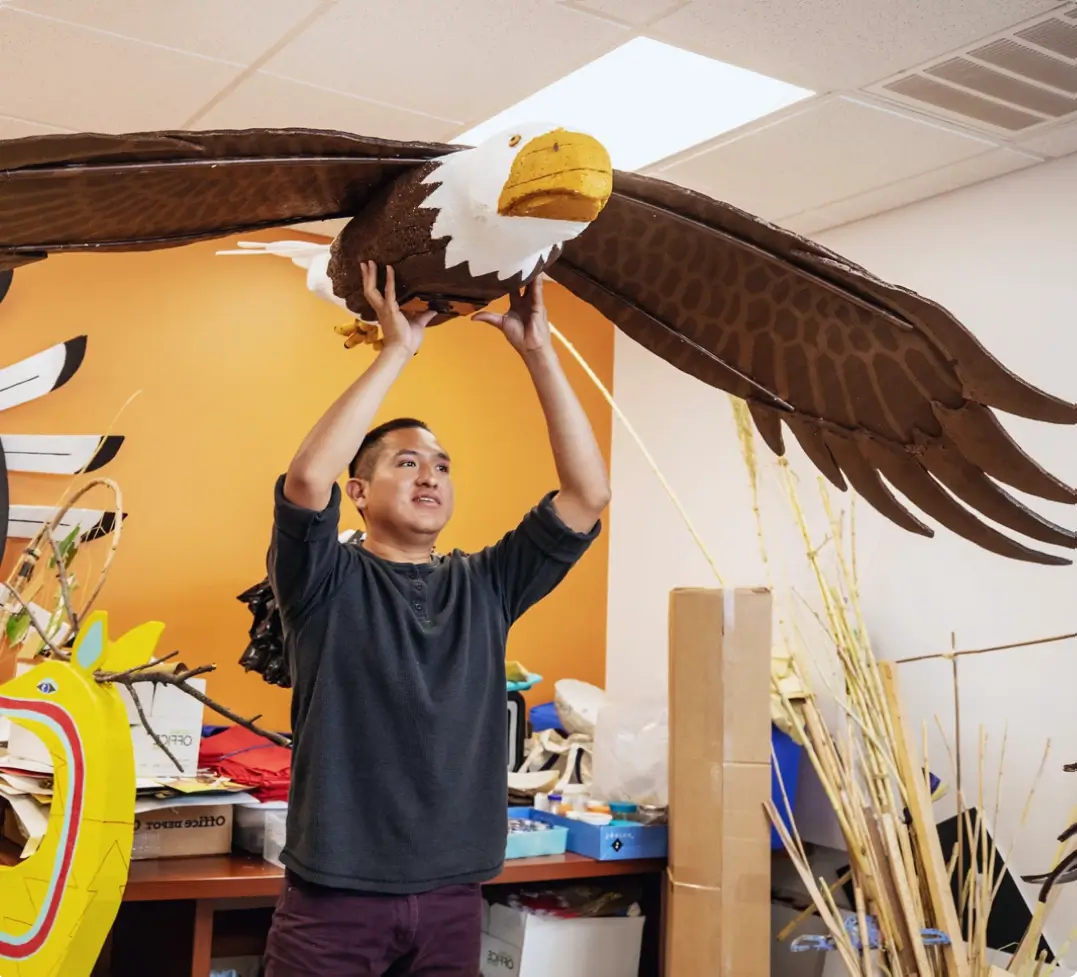
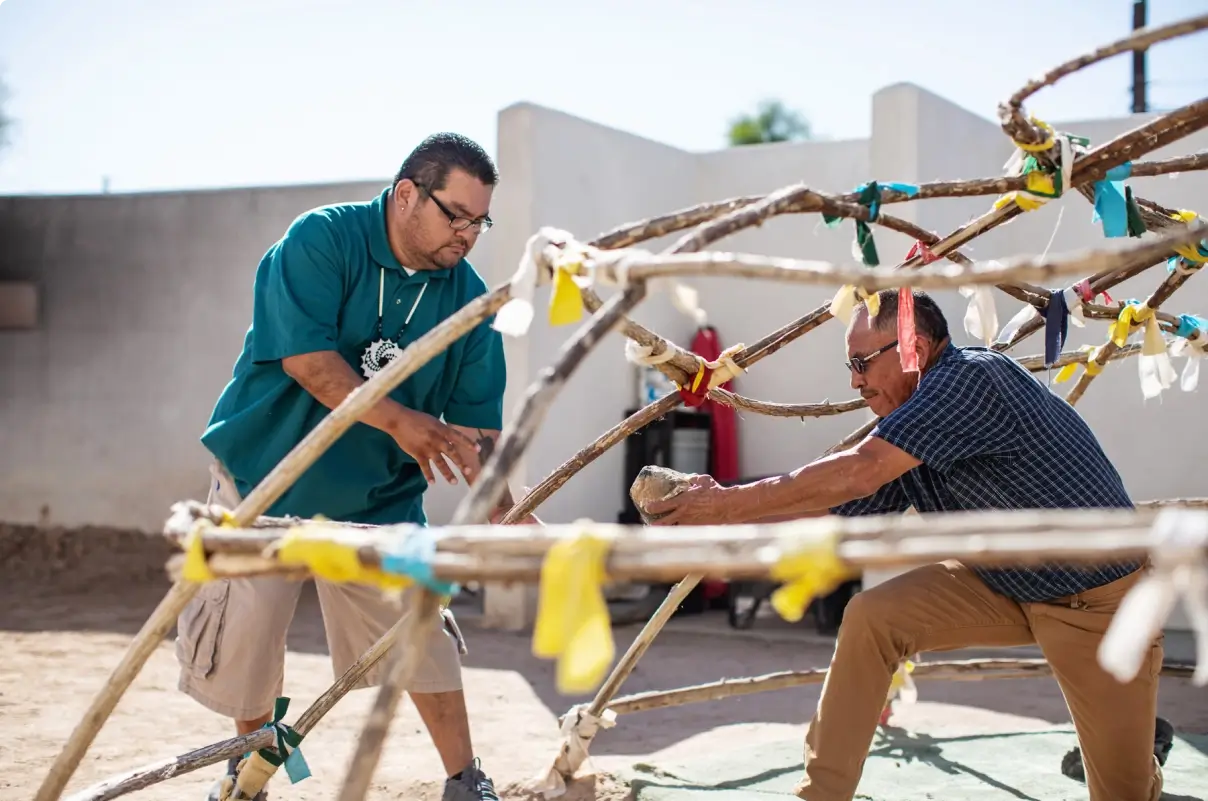
At each of our communities, NAC offers on-site programs and activities with the purpose of helping residents improve health & wellness; increase financial literacy; and encourage family strengthening. Co-ordinated by our Resident Services Team, classes and activities are offered throughout the year and are tailored to meet the interests of each unique community. Households are encouraged to participate, not only for their own benefit, but to build a welcoming, supportive environment and sense of true community as well.
Activities include cooking demonstrations, financial management, job and career development, AA support groups, family communication strategies, and afterschool and summer programs for kids. The Resident Services Team also assists with the Resident Empowerment Program which offers residents the opportunity to become involved in building a safe, supportive environment at each community.
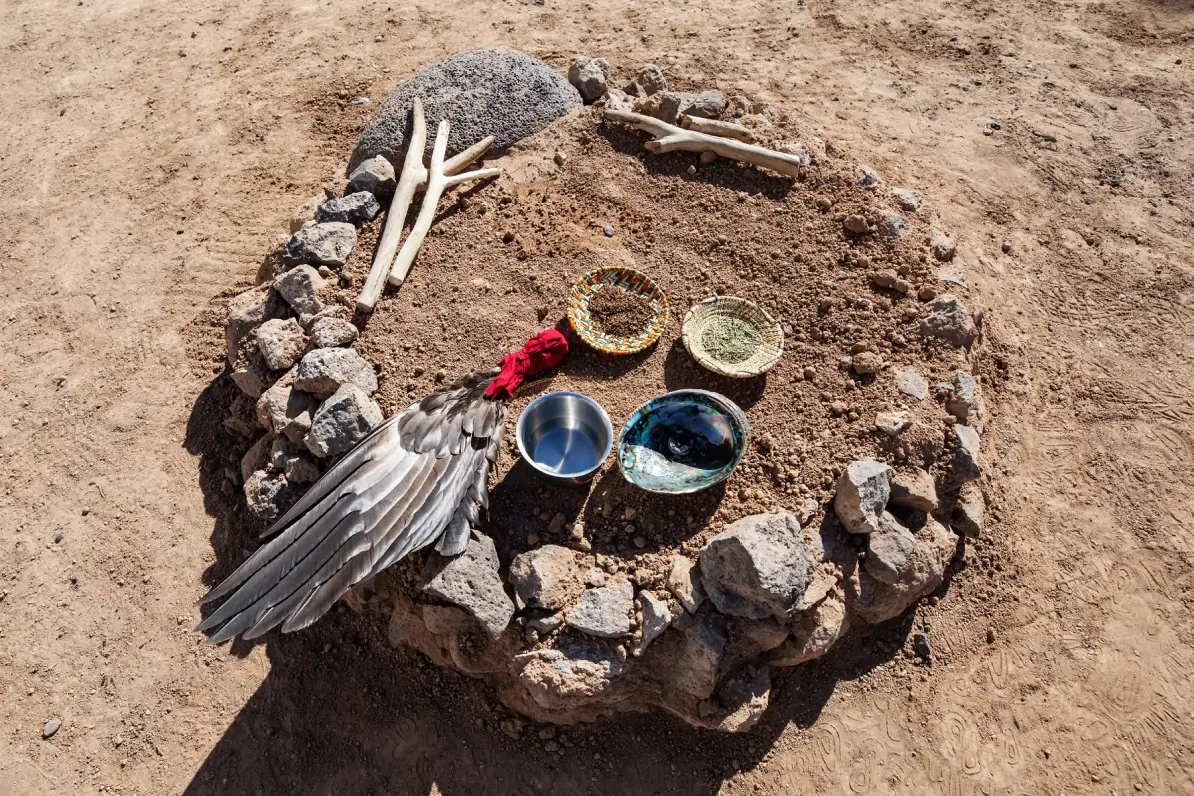
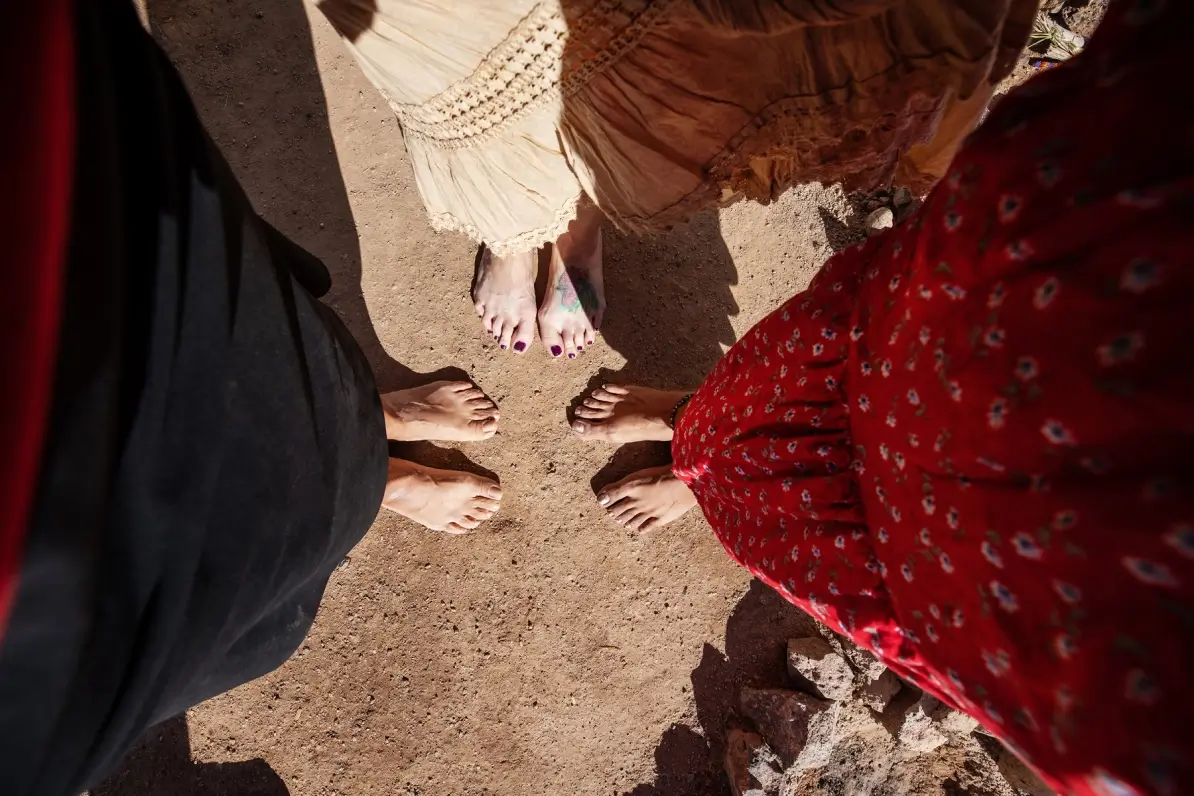
Native American Connections is providing this tool for Members of Tribal Communities in Arizona as a resource only. Each tribal nation and department control the release of relevant information at their discretion. Please contact each tribal housing resource directly for more details and information.

Our traditions are the foundation of our organization - explore, learn, and utilize resources available for all.

Get the support you need with health, housing, and community services available at Native American Connections.
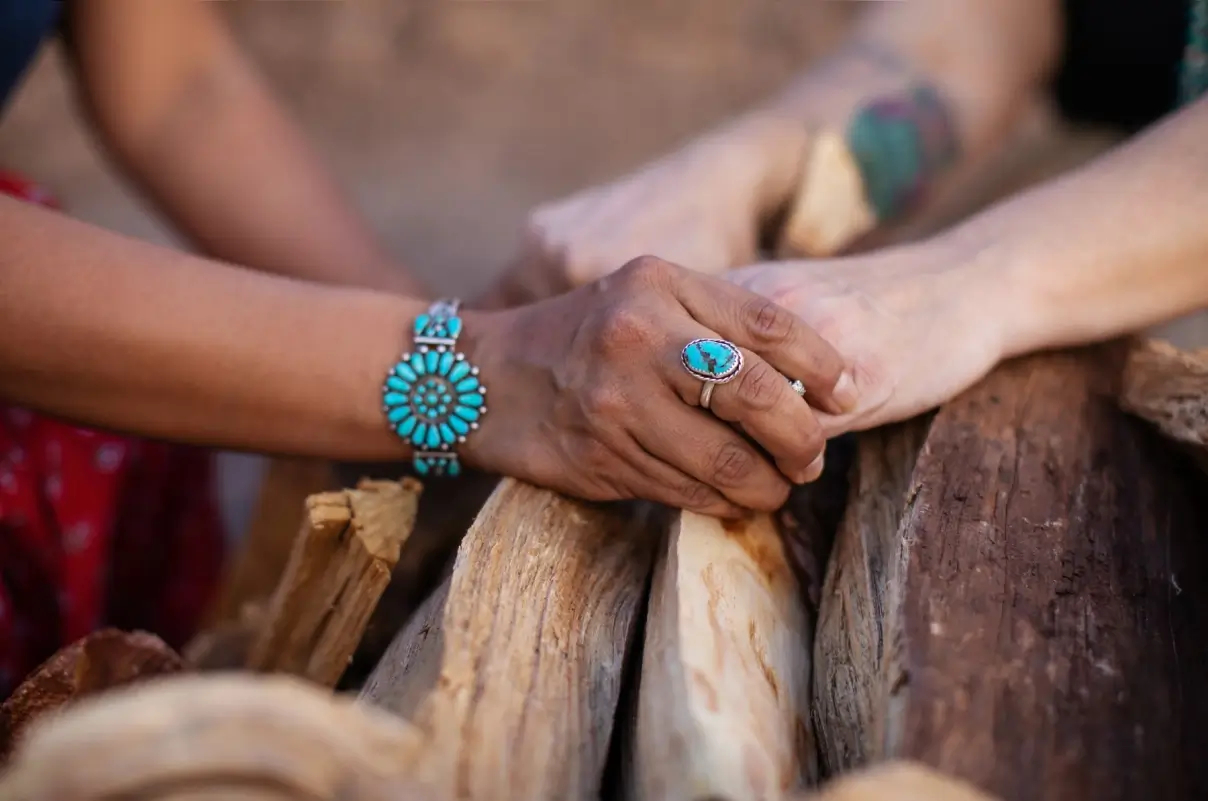
Your support changes lives and builds healthy communities. Find ways to get involved.

See which programs you may qualify for.
A "chronically homeless" individual is defined to mean a homeless individual with a disability who lives either in a place not meant for human habitation, a safe haven, or in an emergency shelter or in an institutional care facility if the individual has been living in the facility for fewer than ninety (90) days and had been living in a place not meant for human habitation, a safe haven or in an emergency shelter immediately before entering the institutional care facility. In order to meet the ‘‘chronically homeless’’ definition, the individual also must have been living as described above continuously for at least twelve (12) months or on at least four (4) separate occasions in the last three (3) years, where the combined occasions total a length of time of at least twelve (12) months. Each period separating the occasions must include at least seven (7) nights of living in a situation other than a place not meant for human habitation, in an emergency shelter or in a safe haven.
Federal nondiscrimination laws define a person with a disability to include any (1) individual with a physical or mental impairment that substantially limits one or more major life activities; (2) individual with a record of such impairment; or (3) individual who is regarded as having such an impairment. In general, a physical or mental impairment includes, but is not limited to, examples of conditions such as orthopedic, visual, speech and hearing impairments, cerebral palsy, autism, epilepsy, muscular dystrophy, multiple sclerosis, cancer, heart disease, diabetes, Human Immunodeficiency Virus (HIV), developmental disabilities, mental illness, drug addiction, and alcoholism.